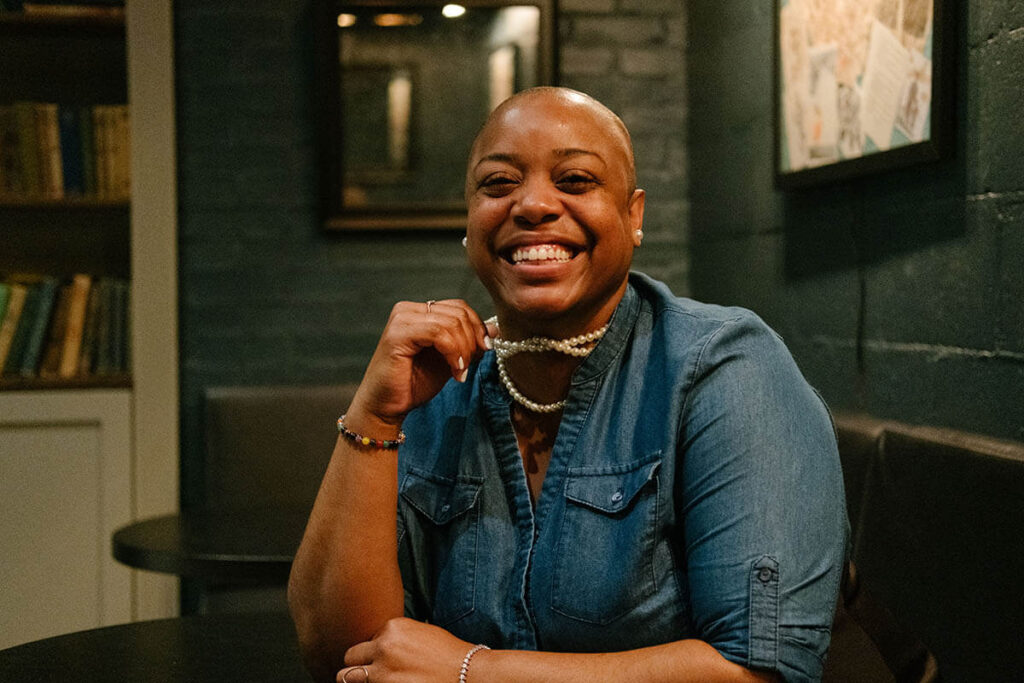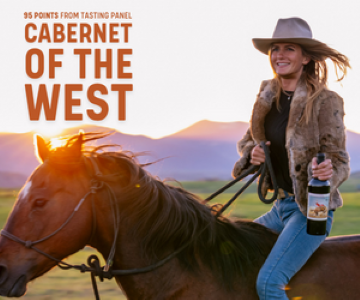
Award-Winning Mixologist Tiffanie Barriere on the Importance of Understanding the Origins of Cocktail Culture
By Paris Vasser
When a bartender slides a drink across a bar to a guest, they briefly open up a gateway into history. This gesture represents much more than an act of service: It is, as award-winning mixologist, educator, and historian Tiffanie Barriere says, “an entire story” in a glass. Tea cocktails, for example, are the perfect vehicle for piquing patrons’ curiosity about different global cultures in which tea’s role ranges from the ceremonial to the medicinal. “I connect with people through it,” Barriere says, adding that whether hot or cold, sweet or unsweet, or green or black, “it’s a hit every time.”
Barriere’s impressive knowledge has won her both invitations to speak at such events as the Southern Foodways Symposium and accolades as the former beverage director of One Flew South in the Hartsfield-Jackson International Airport, which was named Best Airport Bar in the World by Tales of the Cocktail in 2014, during her seven-year tenure. For the past several years, under the name “The Drinking Coach,” she’s taught online cocktail classes focused on helping patrons connect with the art of mixology while improving not only their technique but their understanding of the history behind it—especially the contributions of Black people, who are all too often overlooked or erased entirely.
“The reason I like to be a little loud with history is because our stories were never told,” she says. “Black inventors of this country created things that are so important to what we use today.” One example she provides is the ubiquitous lemon squeezer, which was perfected in the early 1800s by John Thomas White; he patented the tool and used it to make lemonade, a drink that had been largely reserved for those who could afford it—namely, white people.
Barriere’s passion for education is motivated by her desire to share the stories of these silenced pioneers and bartenders who were often looked at as “the help.” But the person behind the bar, she explains, “knows the world [contained] in a bottle” and its ability to unlock cocktail drinkers’ own curiosity. She spells that out for her guests—“I’m about to make you something. Here’s what’s going inside, here’s why I made it . . . it’s a full poem”—and then challenges them to bolster their own knowledge by going beyond simple descriptors like “smooth” and delving deeper into why a spirit tastes the way it does, perhaps because of the water used in the country it came from, for example. “People call it ‘nerding out,’” she adds, but “[bartenders] don’t—we call it ‘knowing your product.’”
Barriere plans to continue connecting people to the beverage world in new ways. In addition to writing about the Black community’s influence on cocktail culture for a book with Toni Tipton-Martin, she’s also developing a tool kit for home bartending and plans to open her own bar in Atlanta in the coming months. Named Et Tois, meaning “And You” in French and “Hey, You” in Creole, she envisions it as a playful yet mysterious space where, most importantly, her guests can enjoy delicious drinks.
Driven by the fact that so few bar owners are Black women, Barriere sees Et Tois as a natural next step in her career, evolving from years of crafting cocktails and educating patrons around the world. She says, “I want to do something that is documented and recorded and [that will] be a victory on so many levels.”

